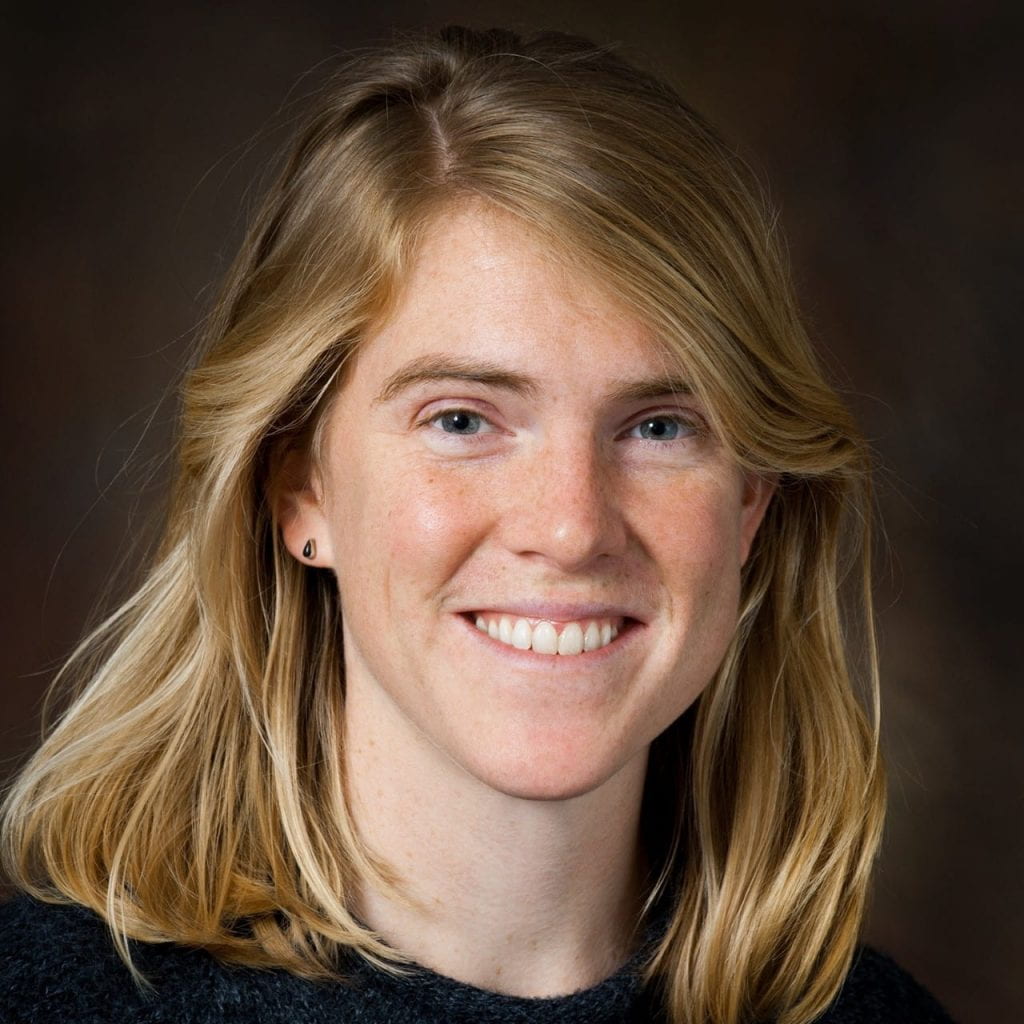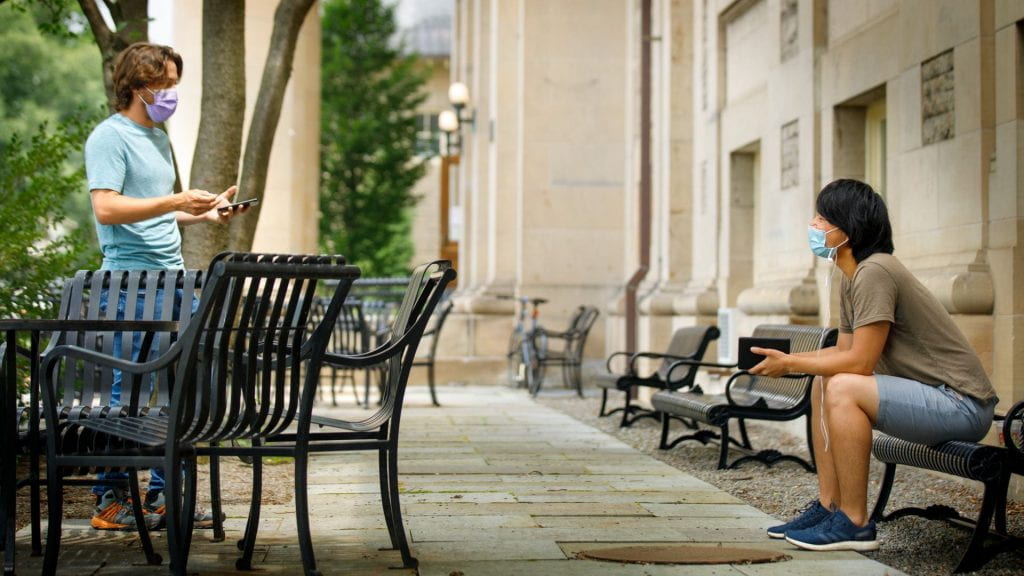Keeping Students Safe During COVID-19

In late spring of 2020, after campus shut down due to the COVID-19 pandemic, a group formed at Cornell to plan for the potential reopening of campus in the fall. “Reopening was predicated on understanding behavioral surveillance data,” says emergency preparedness and response expert Dr. Isaac Weisfuse, adjunct faculty with the MPH Program and a key member of this planning group. The capacity of the Animal Health Diagnostic Center to develop and perform campus wide COVID-19 diagnostic surveillance testing was also crucial to the reopening plan.
MPH faculty, students, and alumni spearheaded efforts to monitor the behaviors, knowledge and attitudes of Cornell community members across campus, using multiple surveys, interview and observational studies, and a case control study. The teams wanted to discover, in real time, whether people are wearing masks and social distancing, indoors and outdoors; what days, times, and locations might warrant greater monitoring; how behaviors have changed over the course of a semester; and what perceptions might create barriers for compliance. The teams then translated findings to an internal dashboard each week to communicate with Cornell leadership and inform their decision-making.
Cecelia Madsen, a Cornell MPH Program alumna and a Cornell rowing coach, was hired in July 2020 to lead the team conducting observational studies. In managing distribution and analysis of one of the campus-wide surveys, her goal was to have “as many different touch points with students as possible,” to understand what student behaviors around mask wearing and social distancing looked like on an ongoing basis, and what messaging might be necessary to encourage compliance and keep campus safe. A team of Behavioral Compact Monitors, including Madsen and many other athletic coaches, were brought on to engage with students around campus in different locations. With training in non-confrontational dialogue from Cornell Health, they engaged in respectful conversations if they observed any non compliant behaviors.

Many MPH students have also been involved in COVID-19 research and response on campus. First-year student Stephen Sansoterra helped deliver on campus behavioral interview surveys and analyze the data. “One of our findings was that students wanted to see safe, university-sponsored social events,” says Sansoterra, who says it has been a positive experience to see the university take this and other feedback and then respond.
“Nothing can match the learning that comes from being put in a real job position,” says the MPH Program’s associate director, Dr. Gen Meredith, who has led Cornell’s COVID-19 behavioral survey processes. “Every student who has been involved in this work says they are able to make connections to what they’ve learned in the classroom.” MPH students also work at testing sites, as contact tracers, at vaccine clinics, and in many other capacities in pandemic response at Cornell, in New York State, and across the world.
Written by Audrey Baker with contributions from Maura Benner, Cornell MPH ’21
